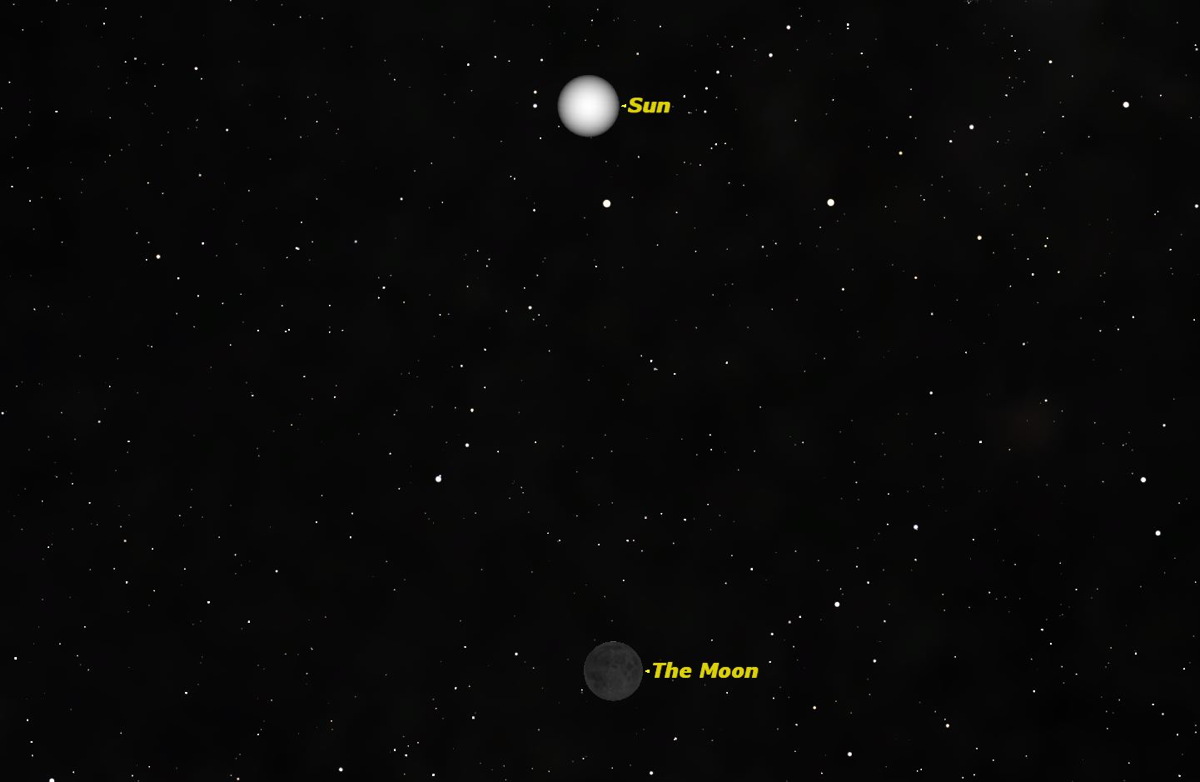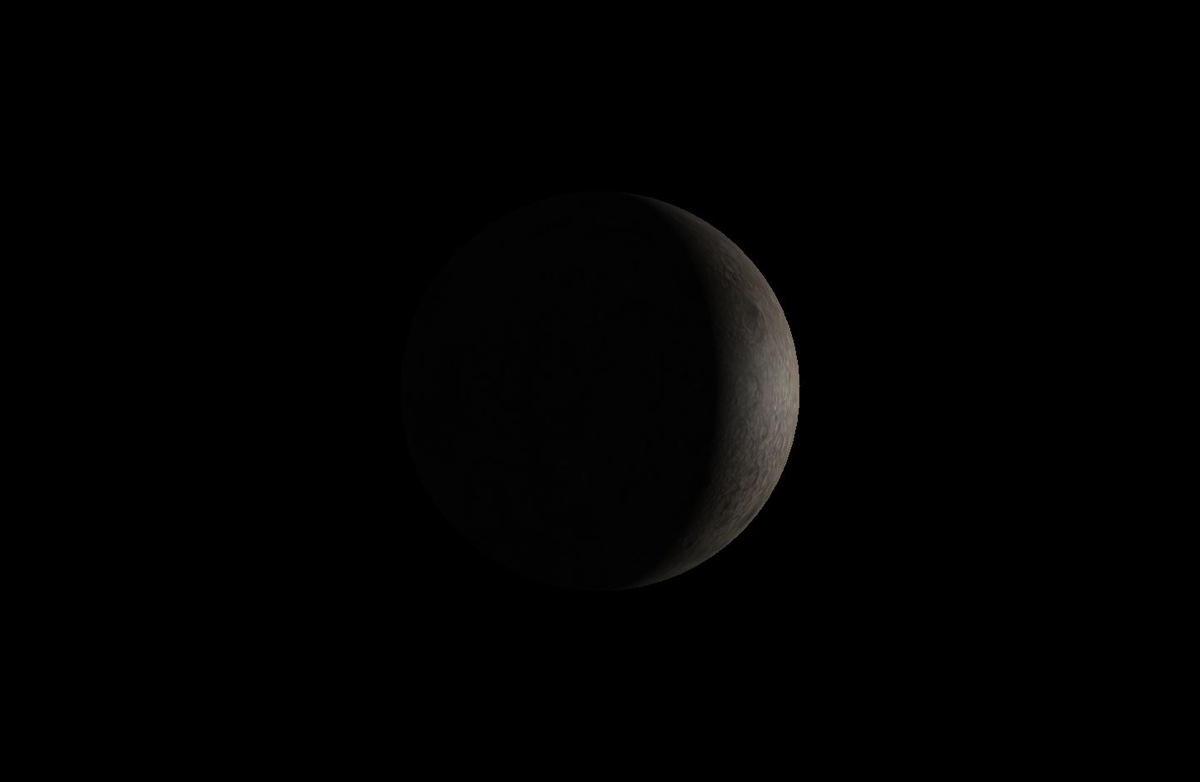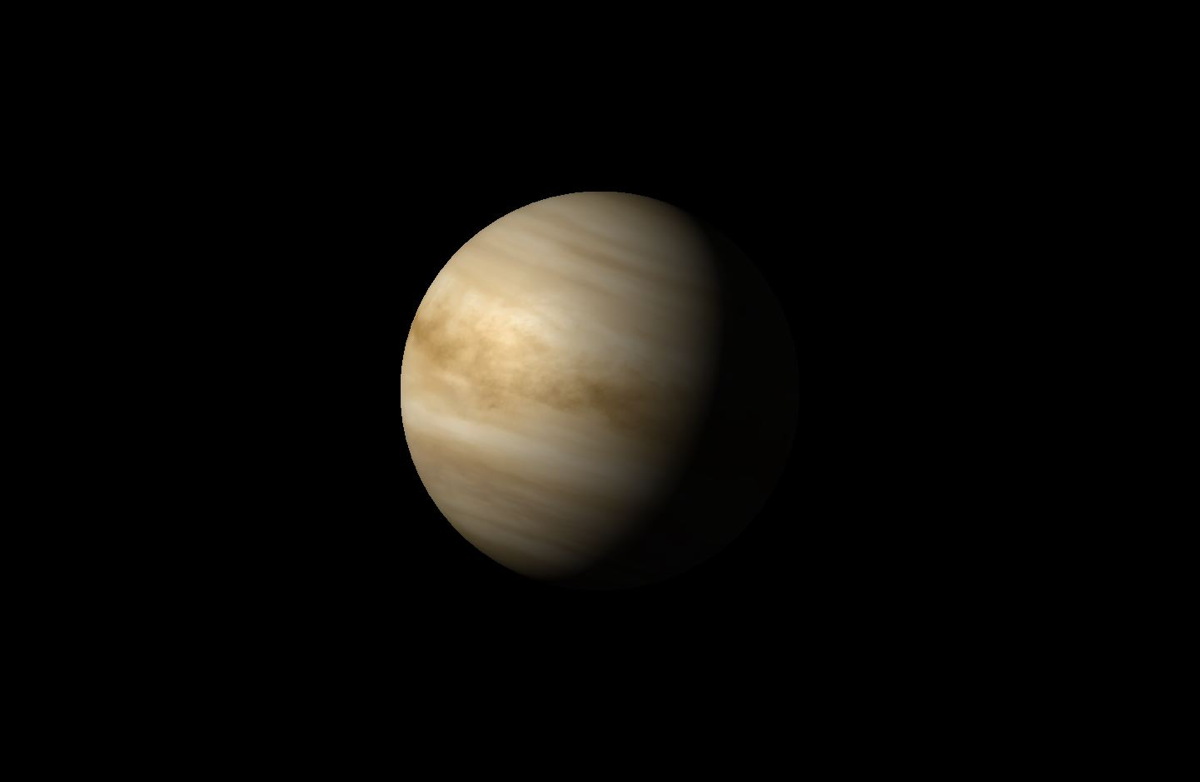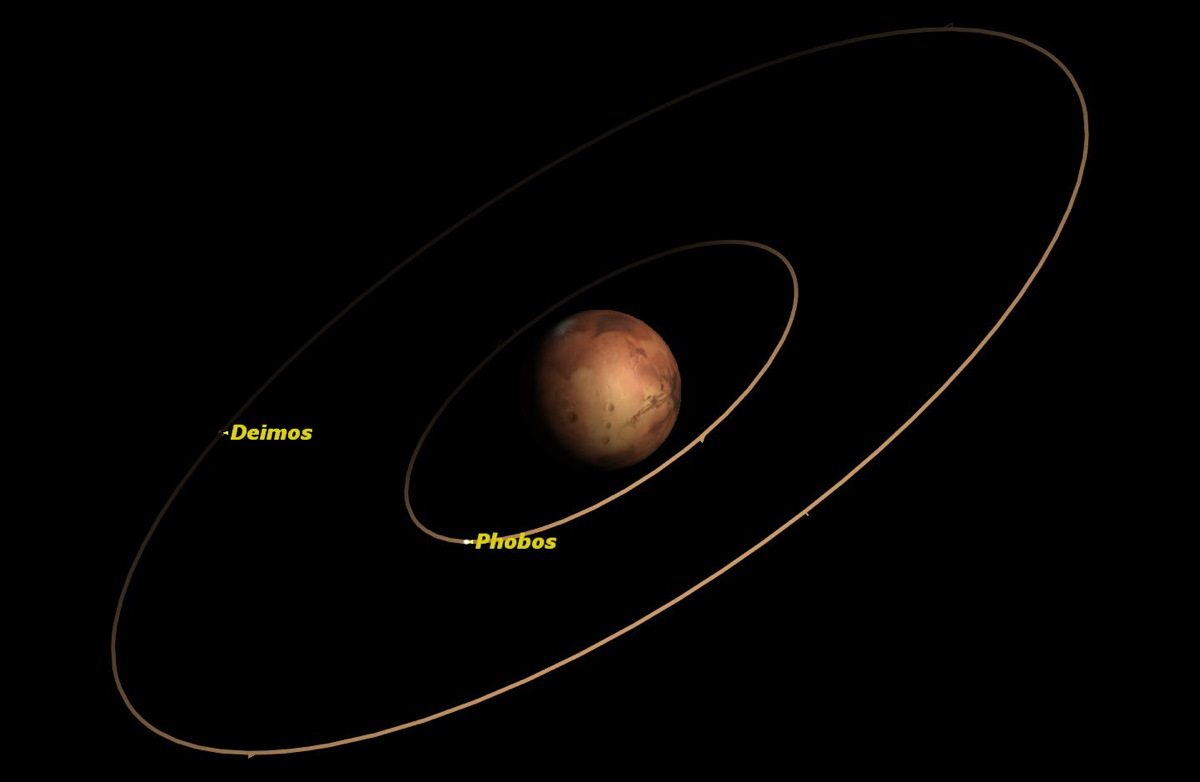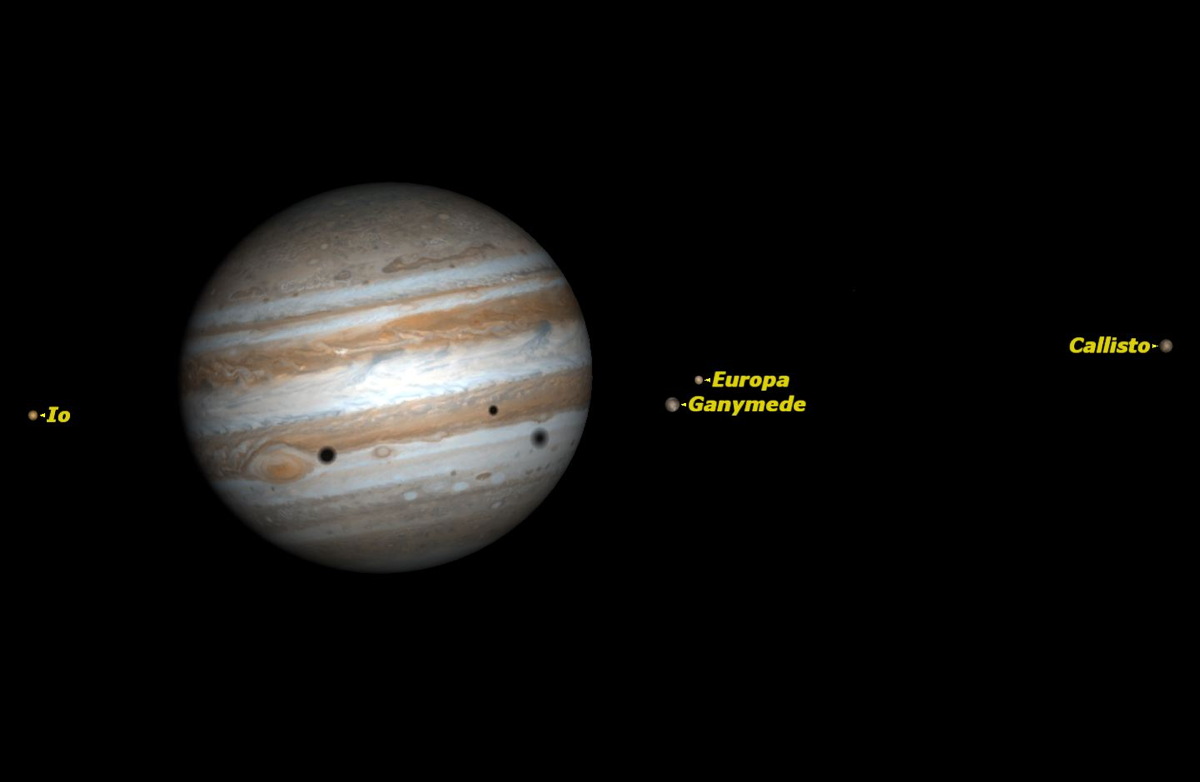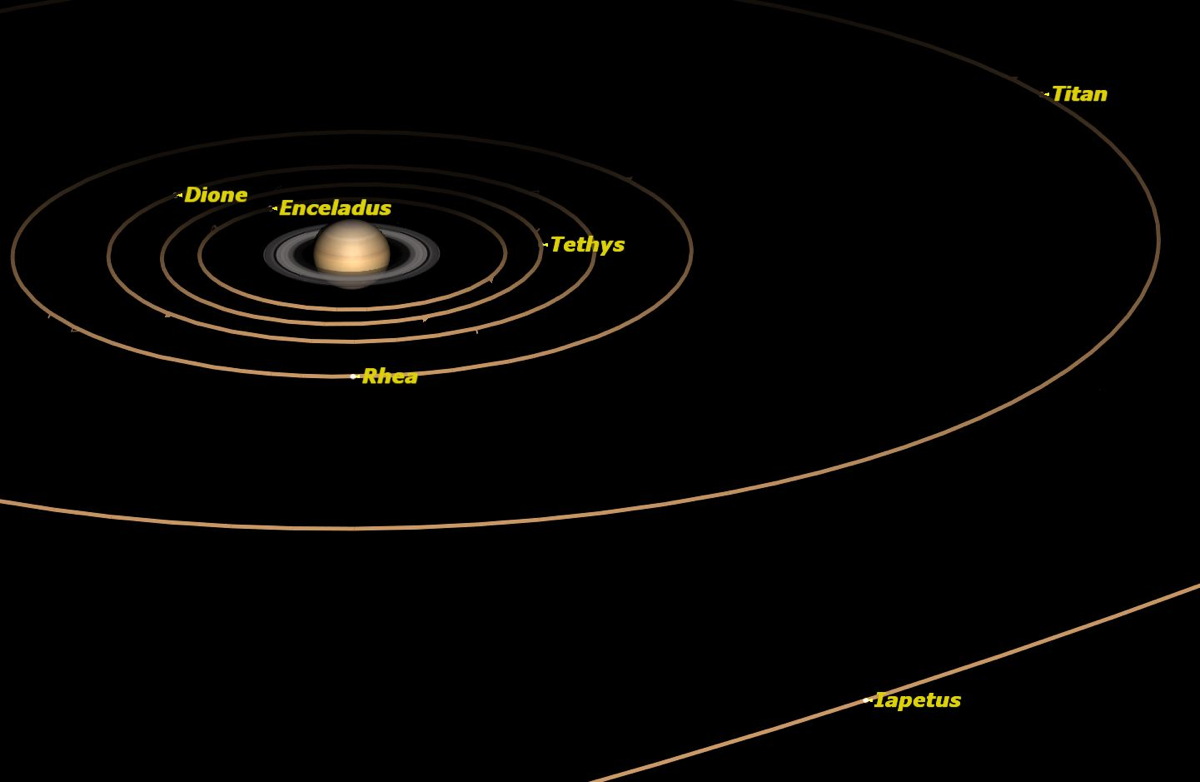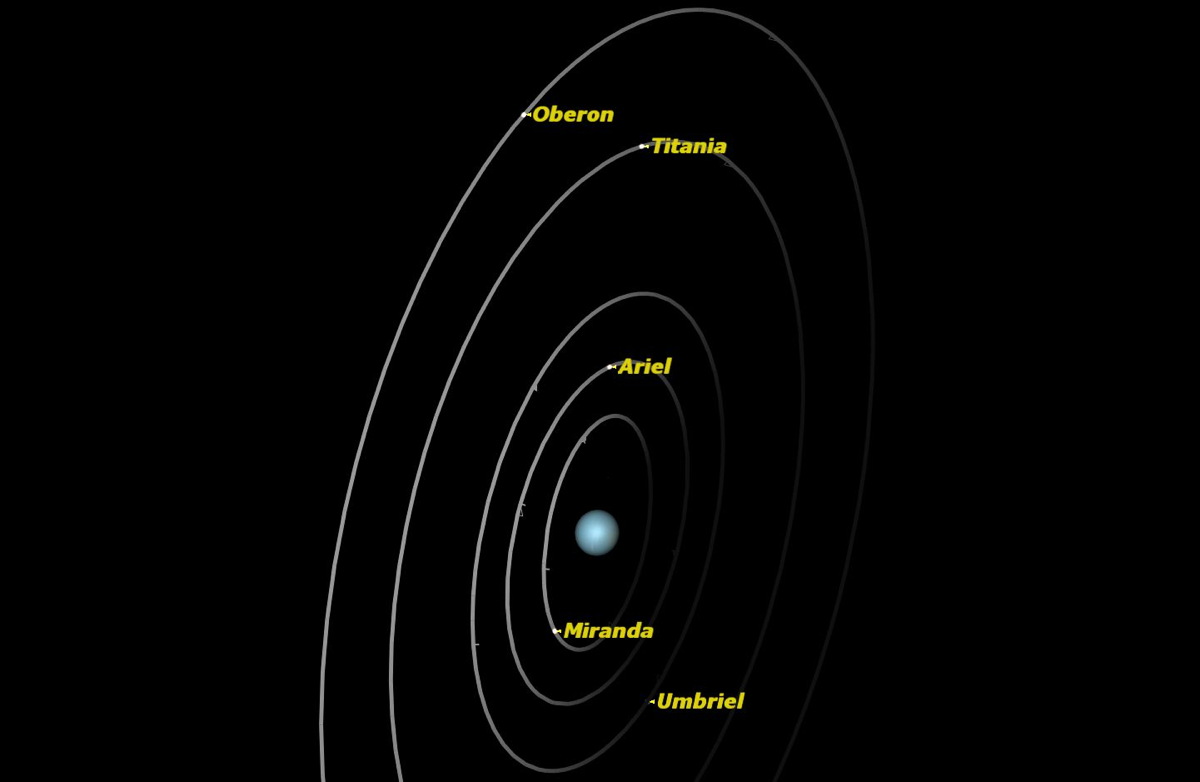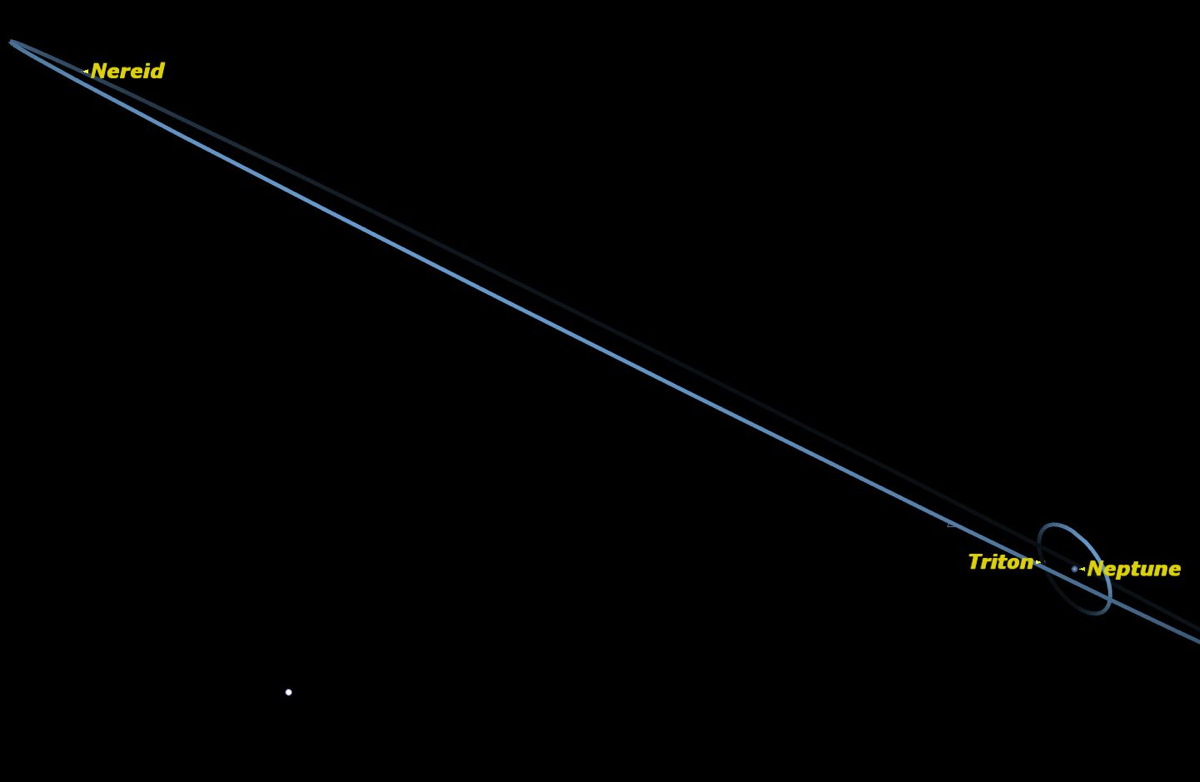Best Stargazing Events of June 2014: Night Sky Maps (Gallery)
New Moon, June 2014
Friday, June 27, 4:08 a.m. EDT. The moon is not visible on the date of New Moon because it is too close to the sun, but can be seen low in the East as a narrow crescent a morning or two before, just before sunrise. It is visible low in the West an evening or two after New Moon. [See our complete June 2014 Night Sky Guide here.]
Mercury, June 2014
Mercury sets just after the sun for the first two weeks of the month, but will be too close to the sun to be seen for the last two weeks. [See our complete June 2014 Night Sky Guide here.]
Venus, June 2014
Venus is low in the eastern sky, rising just before the sun. [See our complete June 2014 Night Sky Guide here.]
Mars, June 2014
Mars is now fading rapidly in brightness as it moves towards the far side of the sun. [See our complete June 2014 Night Sky Guide here.]
Jupiter, June 2014
Jupiter is now low in the western sky at sunset, and is lost behind the sun at the end of the month. [See our complete June 2014 Night Sky Guide here.]
Saturn, June 2014
Saturn, in Libra, is well placed in the southern sky for most of the night. [See our complete June 2014 Night Sky Guide here.]
Uranus, June 2014
Uranus is located in the constellation Pisces, rising just before the sun. [See our complete June 2014 Night Sky Guide here.]
Breaking space news, the latest updates on rocket launches, skywatching events and more!
Neptune, June 2014
Neptune is in Aquarius all month, rising after midnight [See our complete June 2014 Night Sky Guide here.]
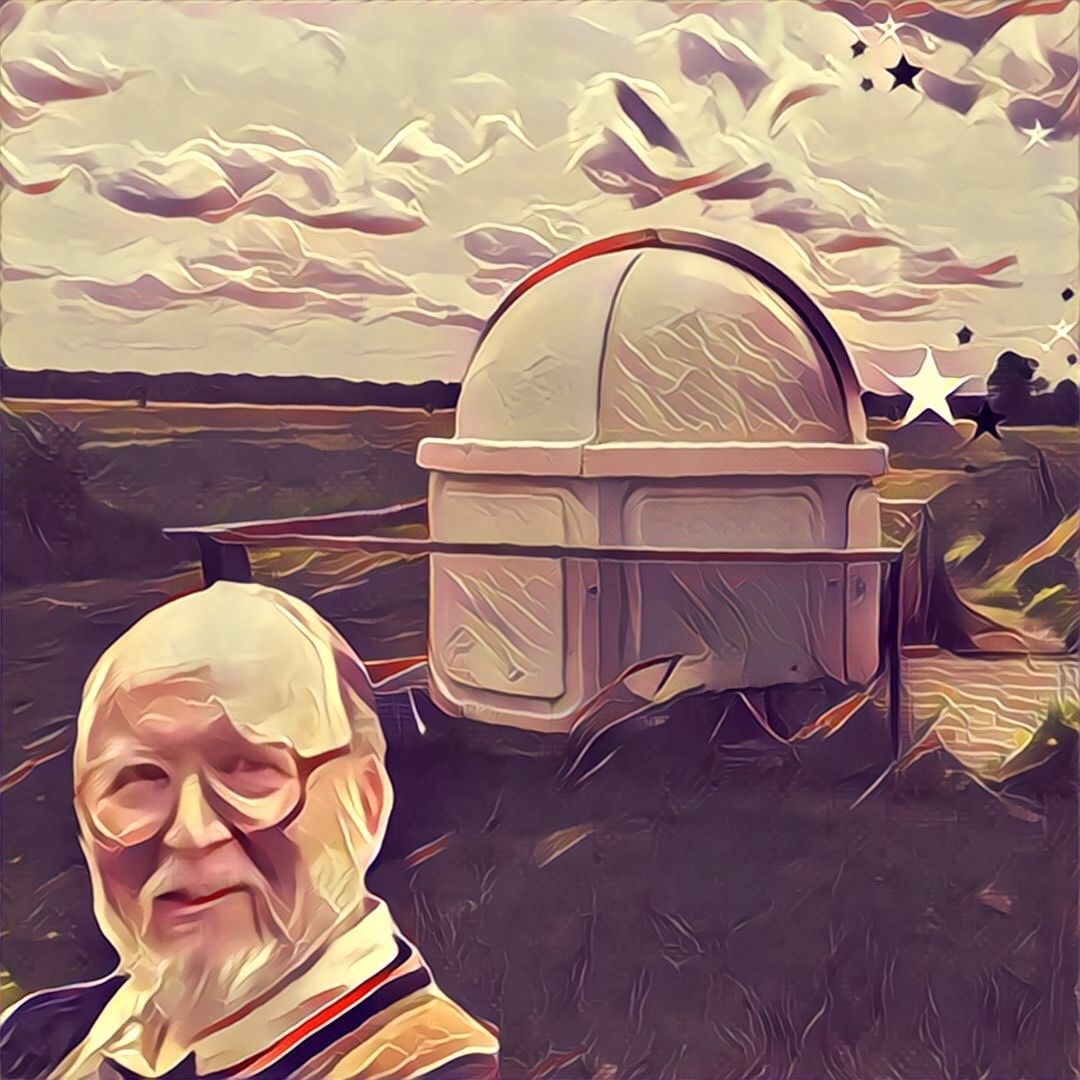
Geoff Gaherty was Space.com's Night Sky columnist and in partnership with Starry Night software and a dedicated amateur astronomer who sought to share the wonders of the night sky with the world. Based in Canada, Geoff studied mathematics and physics at McGill University and earned a Ph.D. in anthropology from the University of Toronto, all while pursuing a passion for the night sky and serving as an astronomy communicator. He credited a partial solar eclipse observed in 1946 (at age 5) and his 1957 sighting of the Comet Arend-Roland as a teenager for sparking his interest in amateur astronomy. In 2008, Geoff won the Chant Medal from the Royal Astronomical Society of Canada, an award given to a Canadian amateur astronomer in recognition of their lifetime achievements. Sadly, Geoff passed away July 7, 2016 due to complications from a kidney transplant, but his legacy continues at Starry Night.

